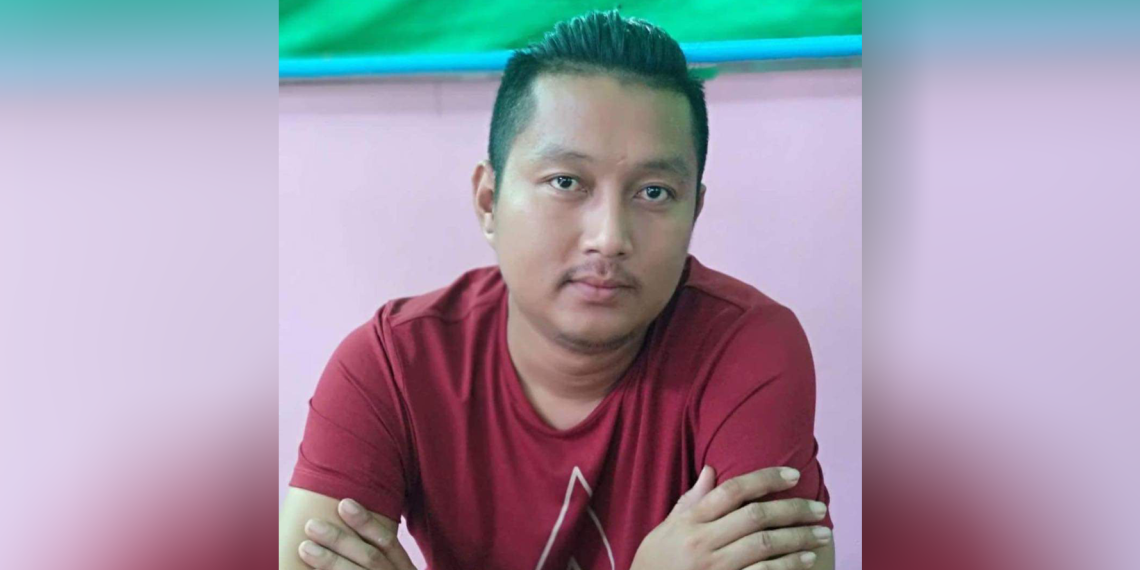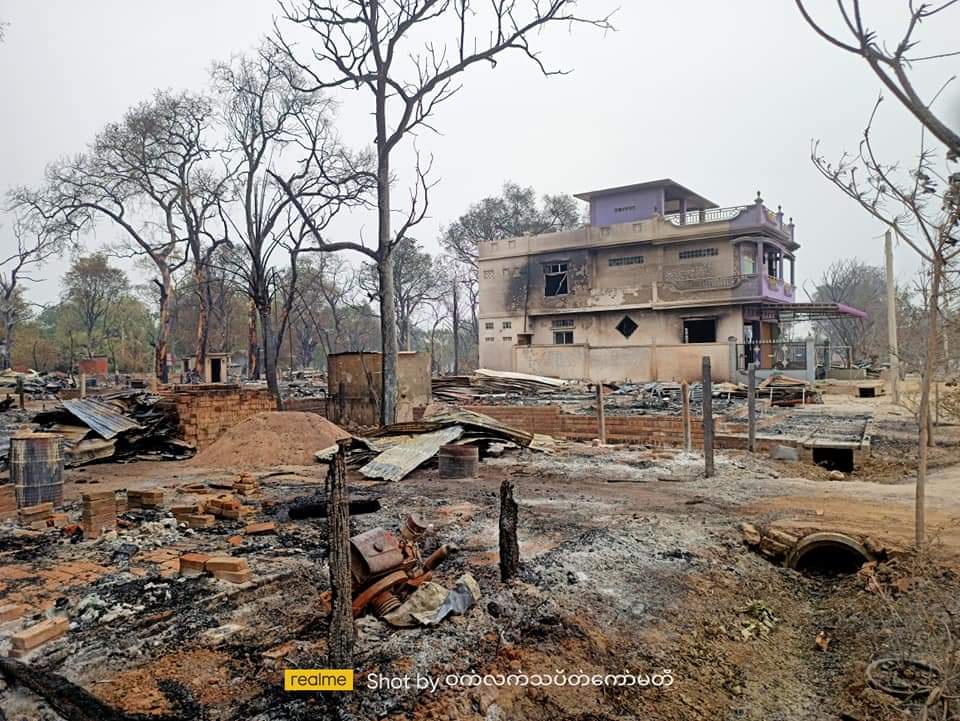Another gruesome milestone was reached on Wednesday: My organization has collected and published the names of at least 4,000 people killed by junta troops and Pyu Saw Hti militiamen since the post-coup crackdowns began in February 2021.
How many more people need to die for the outside world to act? Our people have received some minor attention, the Association of Southeast Asian Nations (ASEAN) reached a consensus; a Security Council resolution; targeted sanctions by the West; and diplomatic isolation at the General Assembly. But nothing has worked to reverse the coup.
None of this worked because the military junta will continue to use violence as long as it has weapons, cash and impunity.
ASEAN’s Five-Point Consensus announced in April 2021 states that, “there shall be immediate cessation of violence in Myanmar and all parties shall exercise utmost restraint”, whilst the celebrated UN Security Council resolution on Myanmar in December 2022 demanded “an immediate end to all forms of violence throughout the country, and urges restraint and de-escalation of tensions.”
The junta leaders have dismissed the concerns of the UN Security Council and ASEAN, with at least 4,000 killed in under 1,000 days since the coup. This is also a conservative figure due to the need to confirm and identify each case; the actual number of junta victims will be considerably higher.
By continuing to kill civilians, despite the Five-Point Consensus and Security Council resolution, the military junta is making a clear statement of its own: It has no intention of reducing its use of violence.
Lives lost
So far, 488 women, 3,012 men, 114 girls and 266 boys have been killed, with the youngest victim only 6 months old.
All 24,410 political prisoners detained since the coup have endured torture, but 110 have been physically tortured to death in interrogation. From the point of arrest to imprisonment and post-release these violations amount to what the AAPP has termed the “Flow of Injustice” in our latest report.
In Myanmar, human rights violations and direct military rule used to be a fact of daily life. Since 1962, military generals have come and gone, but the parasitic military institution has remained unchanged.
In 2011 when civilian representation was permitted in order to ease diplomatic isolation and sanctions, the military institution retained a firm grip on governance and the economy. In 2021, when the State Administration Council (SAC) junta announced a coup to turn back the clock, it was the exact same military institution from 1962.
It is the same military institution that has killed at least 4,000 since the coup. The lives lost were doctors and nurses, teachers and students, farmers and poets—the human resources of a future Myanmar.
Escalating horrors
The military junta oversees and regulates the Prison Department in Myanmar nowadays. In all prisons, including the notorious Insein and Obo, 19,895 political prisoners are currently in their custody. Never before, in the history of military rule in Myanmar, have so many political prisoners been detained in such a short period of time.
When political prisoners are transferred between prisons, they should be protected, not killed. But the junta in Myanmar does not have the capacity or intent to offer any protections to political prisoners. They hate political prisoners.

Following the public outcry and international condemnation that followed the July 2022 execution of four political prisoners including prominent student activist and leader Ko Jimmy, the military junta began to use prison transfers as cover for executions.
On June 27, 2023, 37 political prisoners from Daik-U Prison in Bago Region went missing. Since then, it has been confirmed that eight were killed under the pretense of dying during prison transfers. The other families remain in limbo, waiting in dread for confirmation their loved one is dead.
Internalized impunity
The Myanmar military has internalized the belief that it can continue with absolute impunity, with zero fear of repercussions. Decades of political persecution, crimes against humanity, war crimes, and genocide have gone unpunished, while ethnic nationalities have borne the brunt of the junta’s indiscriminate violence.
In over 30 months of destruction since the coup, the military junta has created a pattern of indiscriminate violations and widespread violence, including everything from arrests, torture, sexual violence, hostage taking, arson and looting, to air strikes—too often against schools and hospitals—and the weaponization of penal law.

Across the country 74,874 homes have been set alight, and 1,110 properties have been seized.
The military junta has created a humanitarian crisis due to its indiscriminate violence—according to the United Nations 1,611,300 people have been internally displaced in Myanmar since the coup—50.3 percent of them in Sagaing Region.
For the time being, it is impossible to use domestic judicial mechanisms against the military leadership for these crimes, but this will not last forever, and preparation is under way currently at national and international tribunals.
Need for justice
Over the past two-and-a-half years the military has lost control of swathes of territory. It has already lost legitimacy as the armed forces in the minds of the entire country.
The junta will appeal to regional neighbors and claim that an election would provide peace. However, even more brutal oppression and fear will follow; to put it bluntly, the junta will attempt to kill as many people as possible.
The pro-democracy movement will remain resilient—aid workers, demonstrators, politicians, resistance fighters and many others will continue to struggle. It stands to reason; the junta severely underestimated the determination of the people and so will never succeed in completely crushing the revolution.
The AAPP interviews former political prisoners on a monthly basis, encountering this unwavering resilience each time testimonies are recorded.
A female former political prisoner whose husband was tortured to death in the Shwepyithar interrogation center in late 2021, told us, soon after escaping across the border, of the necessity to support the resistance movement: “Regarding justice, we need more help if we want the revolution to succeed and succeed quickly… I want the revolution to be over of course, but people cannot just speak verbally about it.”
The wife of another political prisoner who died in prison told us she “wanted the revolution to bring an end to the authority of those who killed my husband, and to the junta. I do not want other families to experience what we have. I do not want to pass on such a traumatic experience to the next generation. I want to uproot the perpetrators completely.”
The outside world needs to give its full support to secure this justice—in particular our neighbors India, China and Thailand. They must stop supporting and legitimizing the criminal, murderous junta and respect the will of the people.
The broad and inclusive Spring Revolution has sustained itself for so long with very little external aid. This deserves to be acknowledged for what it is: a courageous and truly remarkable struggle and an indication of what more can be done.
Bo Kyi is a former political prisoner and current joint secretary of the Assistance Association of Political Prisoners Burma.

















